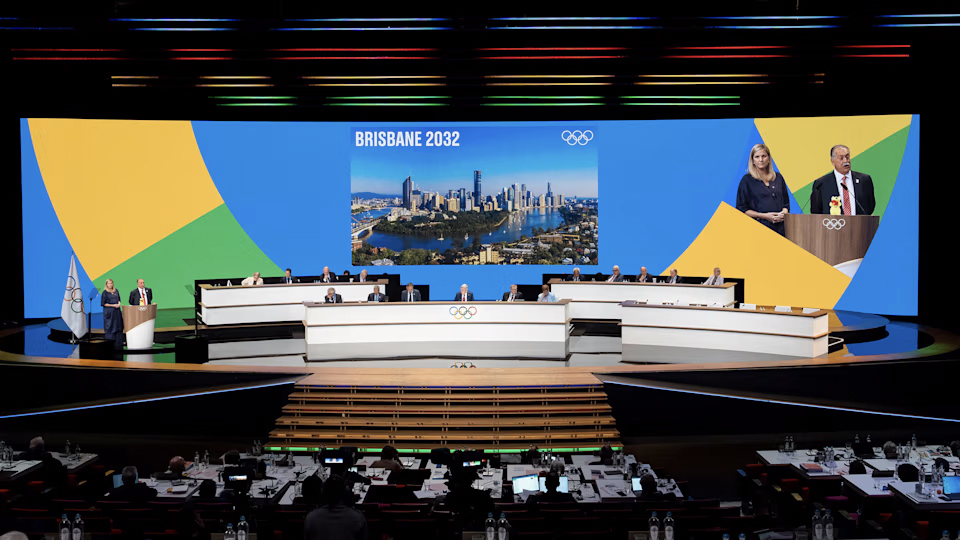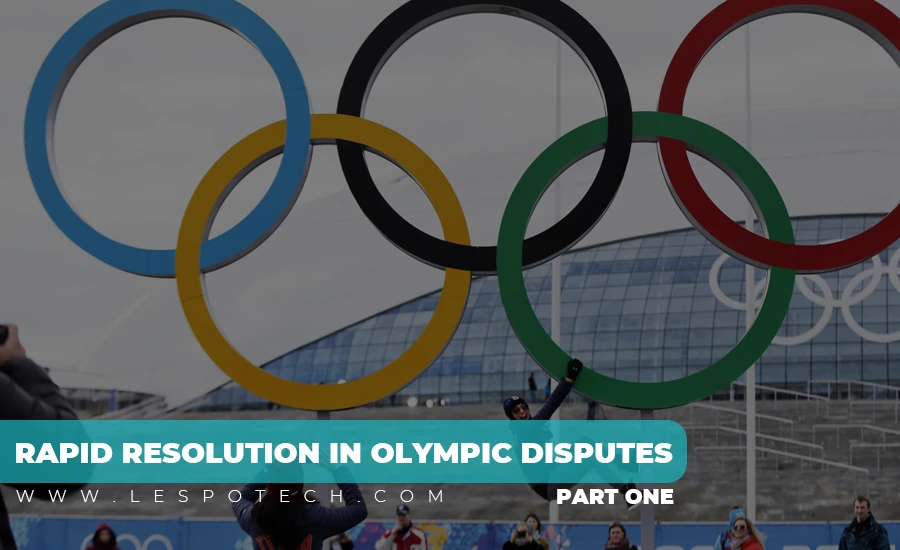The nature of sports demands that disputes be solved at a high speed because sports competitions cannot be paused while awaiting the outcome of a dispute. Therefore, to ensure fair competition during the Olympic Games, the Court of Arbitration for Sport (CAS) established Ad Hoc divisions to handle claims related to qualification, disqualification, field of play decisions, and more. These claims are processed rapidly, within 24 hours, unless further investigation is necessary.
Resolving disputes before the CAS eliminates the need for athletes to seek resolution in domestic courts. It also creates uniformity and legal unification in sports disputes for athletes who come from different jurisdictions and legal systems.
Achieving the proper balance between speed and the rights of the parties is one of the fundamental challenges for the CAS. Correct decisions are as important as quick decisions. On July 16th, 2024, 10 days before the opening of the 2024 Olympics, the CAS opened Ad hoc divisions in Paris, to handle disputes based on Rule 61 of the Olympic Charter, either during the Olympic Games or for cases resulting within 10 days before the opening of the Games. Before filing a case with the CAS, all available internal remedies outlined in the statutes or regulations of the relevant sports body must be exhausted, unless the time required to go through these internal remedies would make an appeal to the CAS ineffective.

One of the decisions issued by the Ad hoc division during the Olympic 2024 involved the appeal of two Romanian gymnasts along with the Romanian Gymnastics Federation. They appealed the referee’s decision to accept the U.S. team’s challenge regarding the scoring change for Ms. Jordan Chiles. CAS found that the U.S. team submitted their challenge four seconds after the one-minute deadline stipulated by the rules. As a result, CAS upheld Ms. Ana Barbosu’s appeal, leading to the bronze medal being taken from Ms. Chiles and awarded to Ms. Barbosu.
The decision, issued within four days of the appeal’s filing, and the subsequent change in medalist shows the speed and authority of CAS decisions during the Olympic Games. This was the first time CAS had altered a medalist during the Olympic Games. To gather more commentary on this decision, it will be important to read the full decision once published and follow the U.S. Gymnastics teams’ further steps, probably its appeal before the Swiss Federal Tribunal in the near future.
Thank you to Zahra Ahmadpanah for contributing this article.



